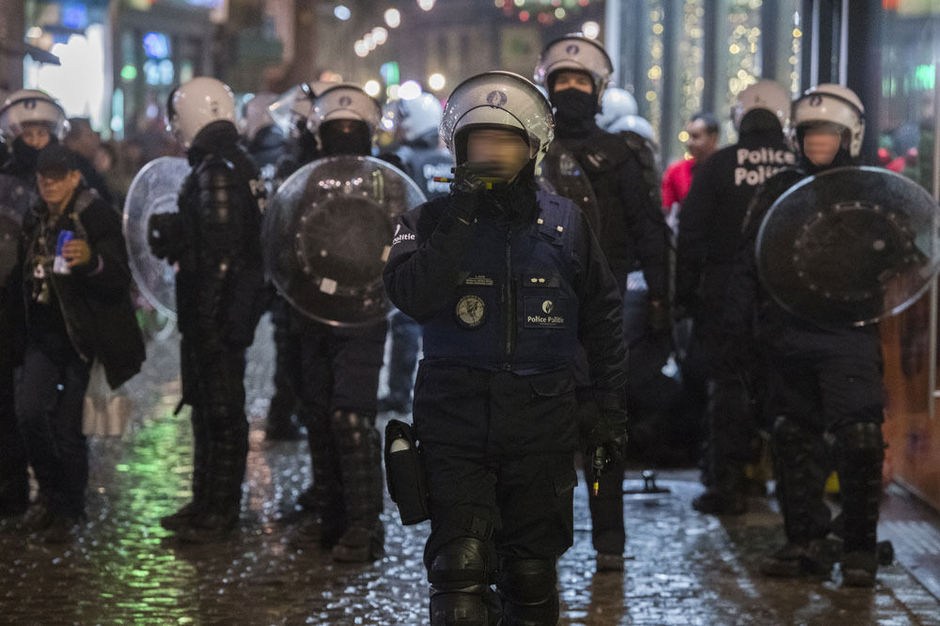All police zones in Brussels will work jointly on the evening of 31 December, marking the first time such collaboration will be put in place outside of major international events.
The six police zones of Brussels will work under the general direction of the Brussels-Ixelles zone, Interior Minister Pieter De Crem said, citing significant disturbances during previous end-of-year celebrations.
Last year, riots and looting plunged the municipality of Molenbeek into chaos and the Brussels fire department reporter instances of fires lit up intentionally to "lure them" into a place and attack them.
Molenbeek authorities recently unveiled an anti-riot plan and implemented a ban on fireworks sales as well as other preventive measures in preparation for the last night of the year.
De Crem said that the example of previous years had shown that the number of emergency and security personnel on the streets needed to increase, De Standaard reports.
Related News
- Brussels police to protect firefighters from 'unacceptable' aggressions on New Year's Eve
- Where in Brussels are fireworks allowed on New Year's Eve?
- Molenbeek unveils anti-riot plan for 'peaceful' New Year's Eve
Joint cooperation by all six of the police zones of the capital is usually reserved for international events, such as NATO summits, during which a number of heads of state and their delegations descend on Brussels.
The past visits of US President Donald Trump and his predecessor Barack Obama have also seen the police zones work in cooperation.
"Such cooperation is foreseen by law and is used for large-scale events that take place on the territory of several zones," Oliver Slosse, spokesman with the Brussels-Ixelles police zone said.
Slosse said that, through the night, a communication and coordination centre will help ensure all officers belonging to the different police zones can communicate in real time with each other and with the emergency services as well as with the federal police.
During the evening, police officers will also be charged with escorting emergency workers and firefighters and ensuring their protection during any potential interventions.
Gabriela Galindo
The Brussels Times

